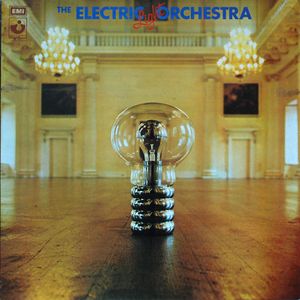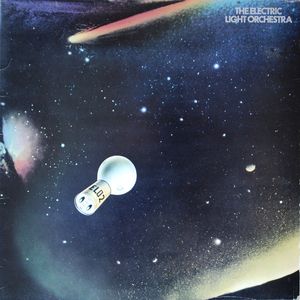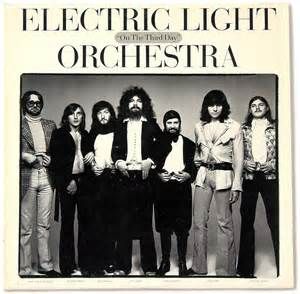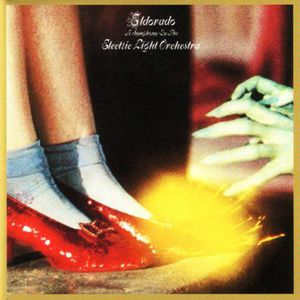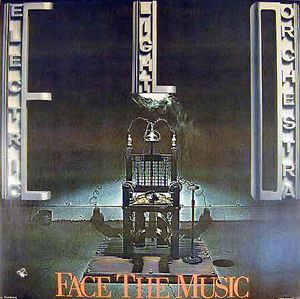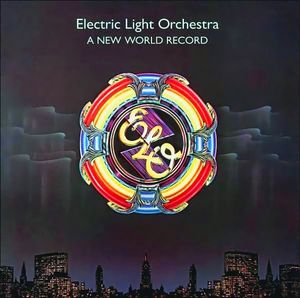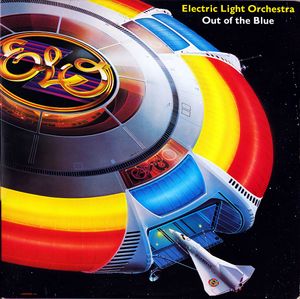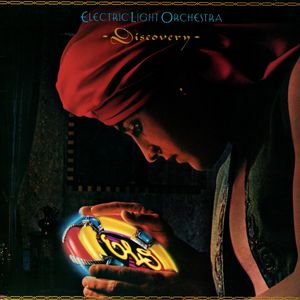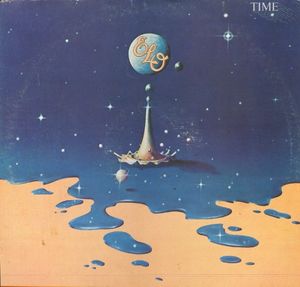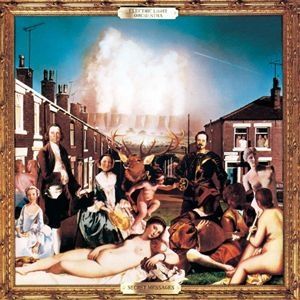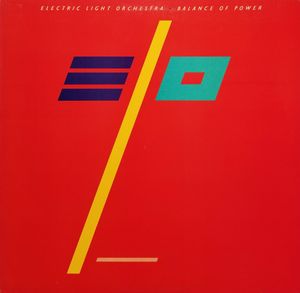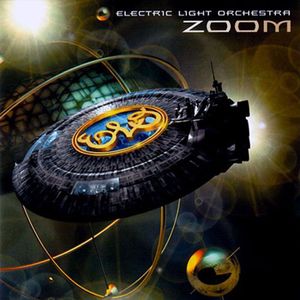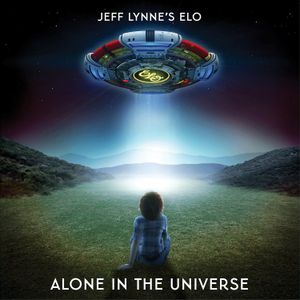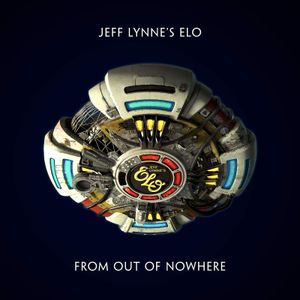
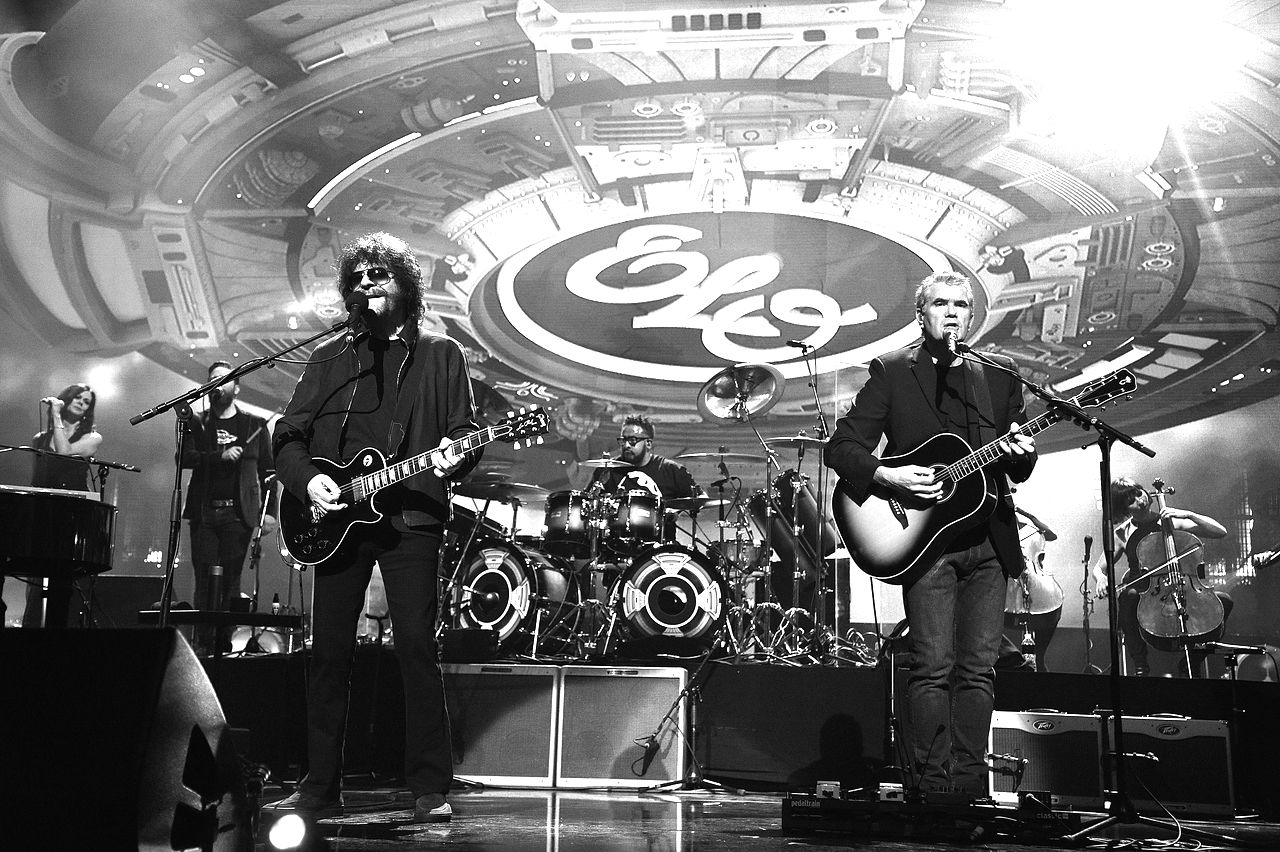
Electric Light Orchestra
Follow Your Favorite Band Today!
Top Electric Light Orchestra Community Posts
Story of Electric Light Orchestra
The Electric Light Orchestra: A Symphony of Rock and Pop
The Electric Light Orchestra (ELO), hailing from Birmingham, England, emerged in 1970 as the brainchild of songwriters and multi-instrumentalists Jeff Lynne and Roy Wood, alongside drummer Bev Bevan. Their music was a unique blend of pop melodies and elaborate orchestral arrangements, often infused with a futuristic aesthetic.
Following Wood's departure in 1972, Lynne took the reins as the band's sole leader. He meticulously arranged and produced every album while writing nearly all the original material. From this point forward, until their initial breakup in 1986, Lynne, Bevan, and keyboardist Richard Tandy remained the band's core members.
The band's name, a clever pun, references both the "electric light" and the "light orchestral music" popularized by the BBC Light Programme in the 1940s and 1960s. ELO's formation stemmed from Lynne and Wood's shared ambition to create modern rock and pop songs infused with classical influences. It essentially grew from the ashes of Wood's previous band, The Move, where Lynne and Bevan also played.
Throughout the 1970s and 1980s, ELO amassed a string of top-10 albums and singles. Their most commercially successful album, the double LP Out of the Blue (1977), cemented their status as a force to be reckoned with. Two ELO albums reached the pinnacle of the British charts: the disco-inspired Discovery (1979) and the science-fiction themed concept album Time (1981).
However, in 1986, Lynne's enthusiasm waned, leading him to disband the group. While the band has had various reunions and offshoots since then, the original lineup's influence on music remains undeniable. ELO's unique fusion of rock, pop, and classical elements paved the way for countless artists and continue to resonate with generations of music lovers.
Frequently Asked Questions
Bands you may like
More Pop Rock Bands
Discover more bands in the Pop Rock genre and explore the diverse sounds that define this musical style.
Browse All Pop Rock BandsMore Bands from United Kingdom
Discover the rich musical heritage of United Kingdom and explore bands that represent the country's unique sound and culture.
Browse All United Kingdom Bands
